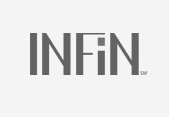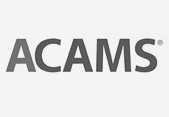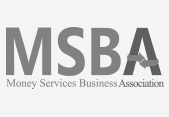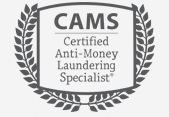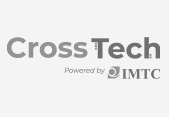A major change is on the horizon for money services businesses (MSBs) and their customers. With the recent passage of the One Big Beautiful Bill Act, the federal government has introduced a 1% remittance excise tax on certain outbound money transfers, commonly referred to as “remittances.” Set to take effect January 1, 2026, this tax will affect how MSBs operate and the obligations they must meet.
Here’s what you need to know, how it affects your business, and the compliance responsibilities that come with it.
What Is the New Remittance Tax?
The remittance tax was initially proposed at 5%, reduced to 3.5% in the House, and finally approved at 1% in the Senate version of the bill. This tax applies to cash-based outbound transfers sent from the U.S. to other countries.
What Is Taxed?
- Transfers made in cash (in-person cash payments)
- Money orders, cashier’s checks, and similar negotiable instruments
- Transfers funded through cash at retail locations or via cash-in kiosks
What Is Not Taxed?
- Bank wires
- ACH (electronic transfers)
- Transfers initiated through non-cash methods (e.g., debit cards, linked bank accounts)
- Remittances under $100 are currently exempt in most scenarios
What This Means for MSBs
If you are a registered MSB that processes outbound cash remittances, you will become a tax collection agent on behalf of the U.S. government.
You must:
- Automatically withhold the 1% tax from eligible transfers
- Remit the collected tax to the IRS
- Maintain accurate transaction records indicating:
- Instrument type (cash, money order, etc.)
- Sender identity and transfer destination
- Tax amount withheld
- Update your systems to flag taxable transfers and calculate the fee automatically
Compliance Obligations
To remain compliant, MSBs must go beyond simply collecting the tax. Here’s a checklist of key obligations:
#1 Tax Reporting & Remittance
- File monthly or quarterly tax remittance reports (pending IRS guidance)
- Track taxable vs. non-taxable transfers
- Maintain receipts showing tax amounts withheld
#2 System & Policy Updates
Modify POS software and transaction platforms to:
- Detect taxable instruments
- Apply 1% excise tax
- Integrate reporting logic for auditing
#3 Customer Disclosure
- Notify customers clearly about the new tax at the point of sale
- Provide receipts showing the tax charged and the total sent
- Educate agents and staff to explain the fee properly
#4 AML Compliance Implications
- Watch for increased attempts to structure or evade the tax by splitting transfers
- Monitor for shifts to unlicensed or informal transfer channels
- Update AML/CFT risk assessments to reflect:
- Higher use of crypto or alternative transfer methods
- Emerging risks in customer behavior due to cost-avoidance
Strategic Considerations
Customer Impact: The added cost may discourage some senders from using formal MSB channels. Transparent communication is critical.
Technology Investment: Ensure your systems are scalable and can flag exemptions (e.g., non-cash transfers, sub-$100 amounts).
Policy Changes: The 1% rate could increase in the future. Some lawmakers are already calling for a return to the 3.5% proposal.
How Capital Compliance Experts Can Help
CCE offers regulatory support and banking compliance services to help MSBs stay ahead of new requirements. Our experts can assist with:
- Custom AML/CFT Program – Create or update policies and procedures
- On POinT Training Program – Employee training
- Third Party Independent Review – Audit preparation
- Annual Compliance Oversight – Ongoing readiness
Key Date to Remember
January 1, 2026, all MSBs must begin collecting and remitting the 1% remittance tax on qualifying transactions.
Questions or Concerns?
Contact us to schedule a consultation or system readiness review.
Tags: AML, AML/CFT Program, Annual Compliance Oversight, Employee Training, Money Services Business, MSB, On POinT Training, Third Party Independent Reviews




